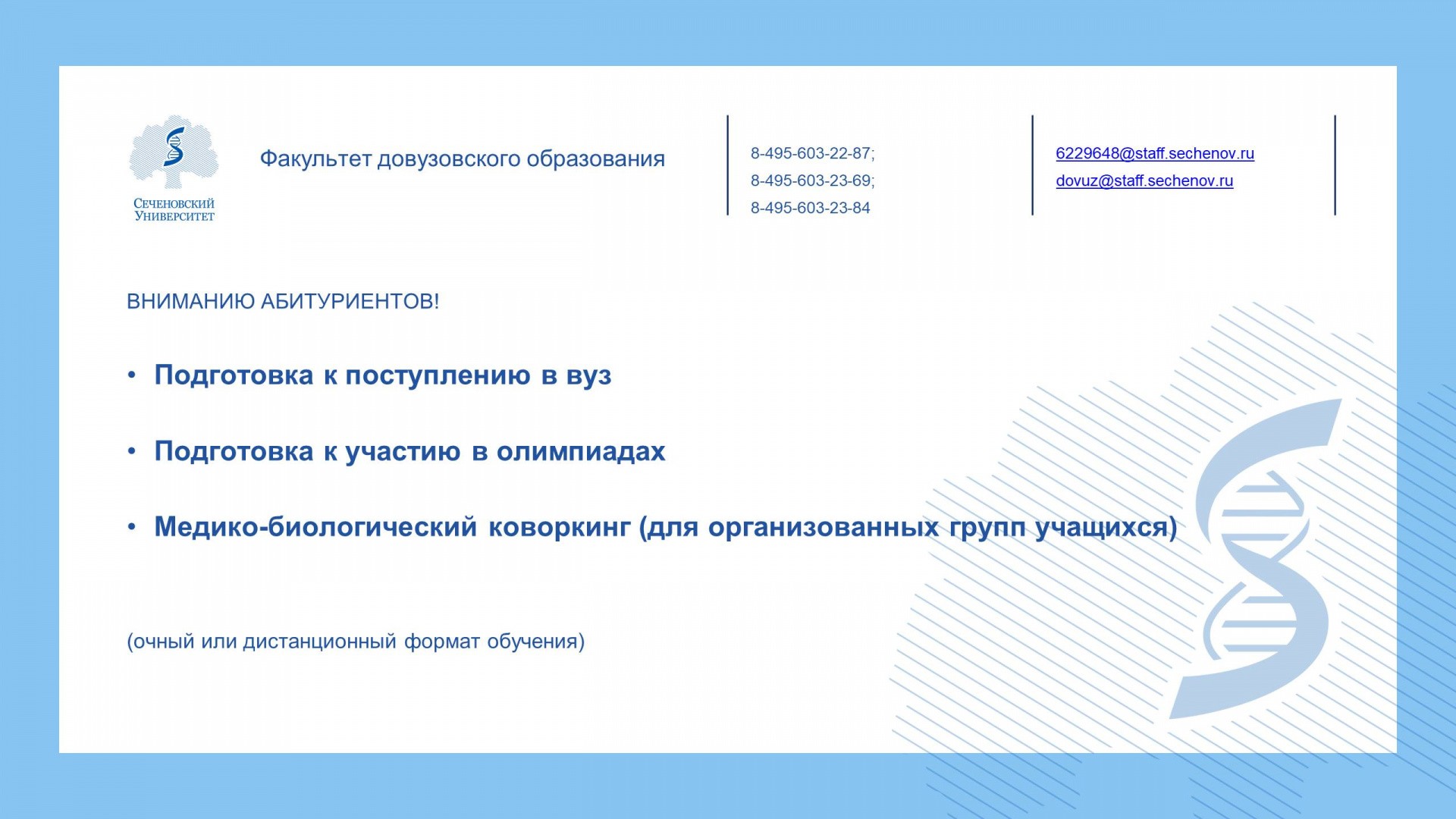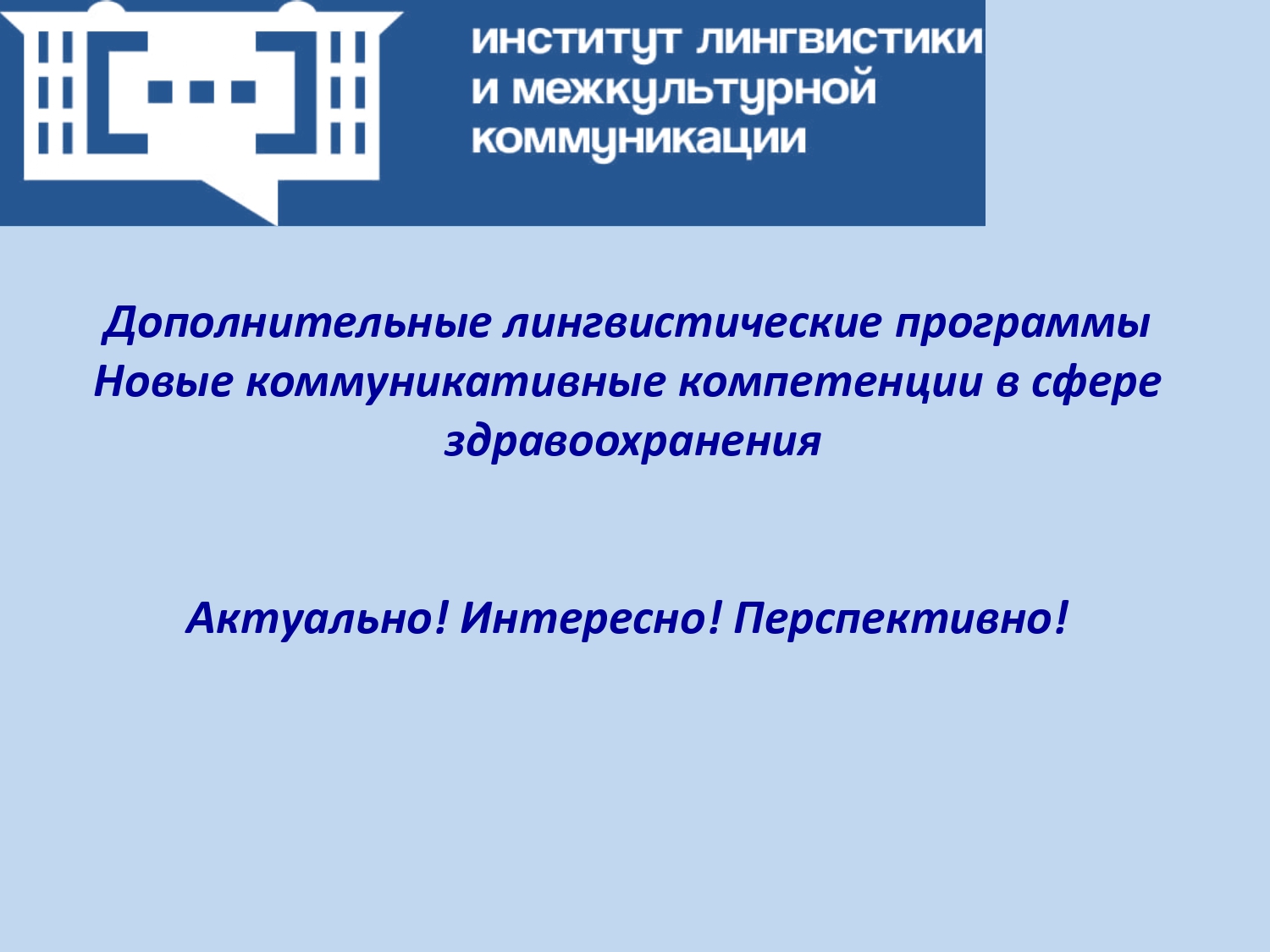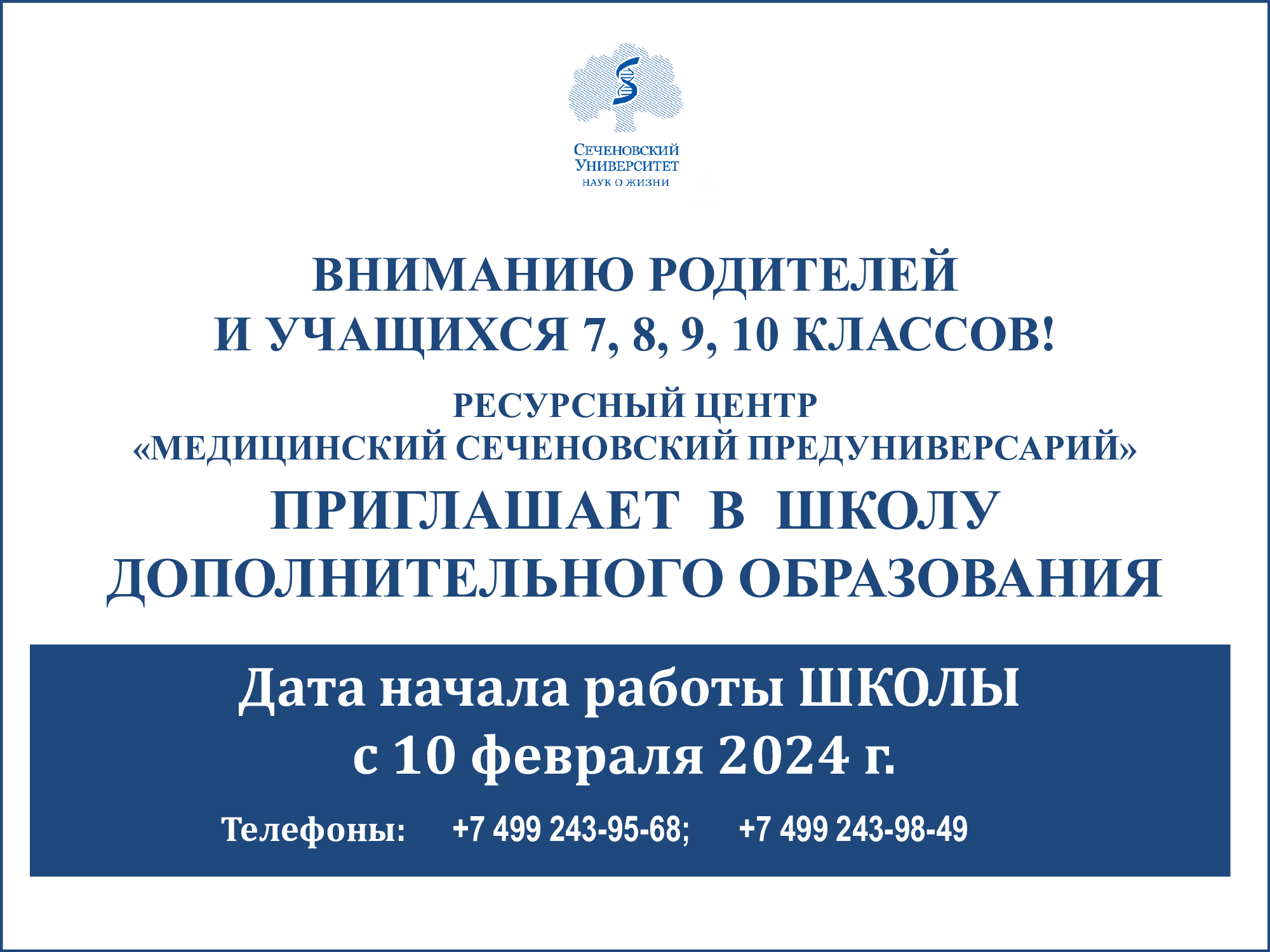Репозиторий Университета
- Репозиторий Университета
- Газеты и журналы
- Научно-технологический парк биомедицины
- Система Activity
- Институт лидерства и управления здравоохранением
- Научно-организационный отдел
- Центральная научная медицинская библиотека (ЦНМБ)
- Nature research
- Офис поддержки грантовой активности
- Отдел анализа и научного прогнозирования
- Стратегия развития науки
- Национальный проект «Наука и университеты»
- Репозиторий Университета
- Газеты и журналы
- Научно-технологический парк биомедицины
- Система Activity
- Институт лидерства и управления здравоохранением
- Научно-организационный отдел
- Центральная научная медицинская библиотека (ЦНМБ)
- Nature research
- Офис поддержки грантовой активности
- Отдел анализа и научного прогнозирования
- Стратегия развития науки
- Национальный проект «Наука и университеты»
Год публикации: Все года 2018 2019 2020
| Название | Дата публикации | Коллектив авторов | Журнал | DOI | Индекс цитирования | Ссылка на источник |
|---|---|---|---|---|---|---|
| Sleep and its' disturbanses in chronic obstructive pulmonary disease | 01.01.2018 |
|
Zhurnal nevrologii i psikhiatrii imeni S.S. Korsakova | 0 | Ссылка | |
| Hypnotics: Past, presence, future | 01.01.2018 |
|
Eksperimental'naya i Klinicheskaya Farmakologiya | 0 | Ссылка |









